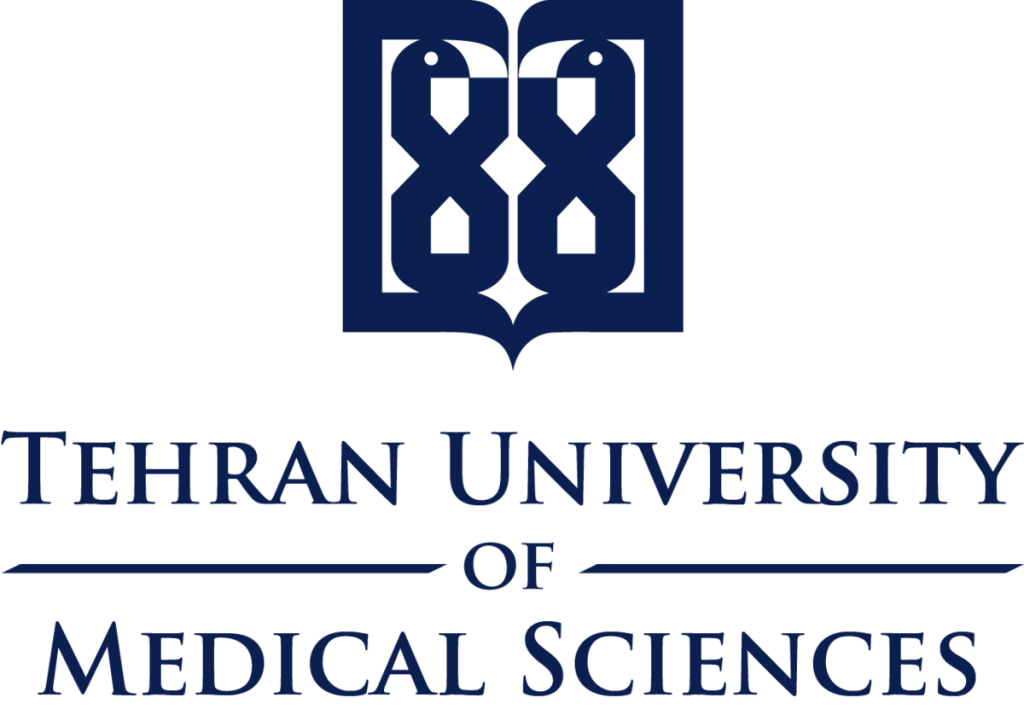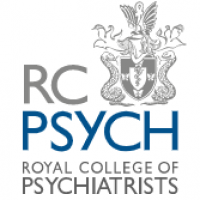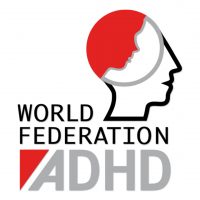
Dr. Behzad Basit
I have experience in diagnosis, treatment and management of functional mental illnesses such as ADHD, depression, mood disorders, anxiety, OCD, bipolar affective disorder and psychosis; in particular the interaction between physical illnesses and mental health problems. I am also experienced in assessment, diagnosis and management of cognitive disorders and matters relevant to these conditions including capacity assessment. In addition, I have epicene in diagnosis and treatment of Adult ADHD.











